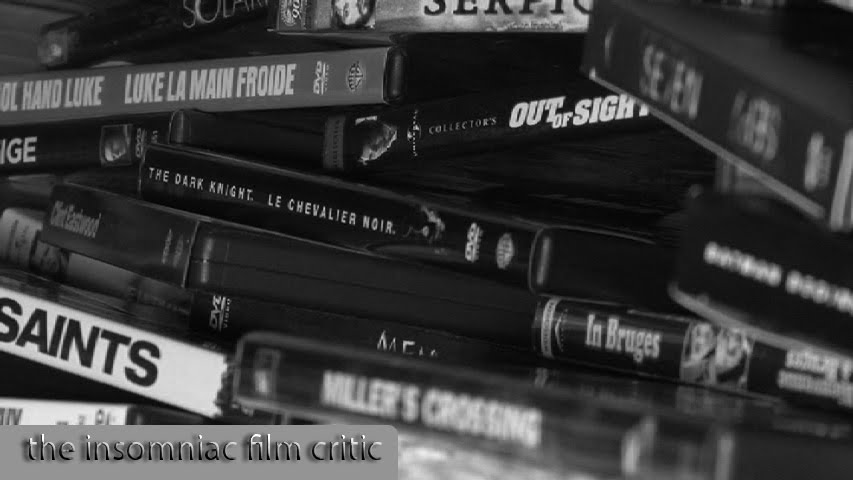Part 2: Melting away the mediocrity
Last time I took a look at the Academy Awards, and today I’m moving on to the state of North American cinema as a whole.
People seem to loathe the state of North American cinema these days, which I think is valid. I mean, there is a lot to hate. The problem I have comes when people say “movies are so much shittier than they used to be!” like there is nothing good being made now. Every year, there are still (at least!) a few truly great movies released, the problem lies with the fact that fewer people get a chance to see them.
The modern independent film sector of the movie industry is doing well, producing a handful of great movies every year (and don’t get me wrong, Hollywood has a few winners every year, too). Charlie Kaufman has consistently proven to be one of the most interesting writers film has ever seen, Rian Johnson may be the most interesting and creative director since Wes Anderson, and Joseph Gordon-Levitt has proven in the independent world that he is capable of playing just about any character. These three are a mere sample of the quality work that can be found in the independent world, but they are by no means the end of it.
Generally, the best modern Hollywood films have an independent sensibility to them – most of the great modern directors have come from independent film (the Coen brothers, Steven Soderbergh, Christopher Nolan, Spike Lee, Wes Anderson, etc) or music videos (Spike Jonze, David Fincher, Michel Gondry, etc), places where original ideas can be more easily accepted without having to get approval from a focus group.
In the age of the auteur, or the “Golden Age of Cinema,” there was a lot more freedom for directors to do what they wanted within the studio system. Now, great directors have to build up some clout outside of Hollywood before they can get that Hollywood money. The directors I listed are just that, and I think they are modern film’s version of the much-lauded auteurs of the past that included Kubrick, Penn, Nichols, and others. Those directors made movies in a different landscape, one where great movies often got the recognition of Academy Awards (The Graduate, Midnight Cowboy, The Godfather, etc) and were able to be box office hits. However, the films by today’s auteurs are often not advertised and distributed to an extent where it is possible for them to be hits. A good portion of these modern directors’ movies take some effort to find, and most people really don’t care enough to find them.
Another, and in my opinion the most important, factor in the way the “Golden Age” gets remembered is that enough time has passed for the mediocre films to be washed away. We remember the movies like the Graduate because they are so good that people continue to talk about them long past 1967, allowing for re-releases and new special editions on home video. This will hopefully be the case for great modern films like Adaptation, but that is yet to be seen. However, the modern movie industry as a whole is tarnished because we can still remember the mediocre movies and money grabs of the recent past such as Ghost Rider and Superhero Movie. Time will likely forget these movies, but hopefully remember the great ones.
Has anybody in the modern film industry captured post-graduation stress better than the Graduate? No. But did any movie from the “Golden Age” capture the writing process better than Adaptation? No. The overall quality of movies has remained the same, and our generation has its own truly great classics, it just so happens that they are now more difficult to find. So next time you want to talk about how shitty modern movies are, be sure to remember that there are plenty of movies from the 60s and 70s that were forgettable, and that you have in fact, just plain forgotten about them.
Wednesday, September 30, 2009
Subscribe to:
Post Comments (Atom)





No comments:
Post a Comment